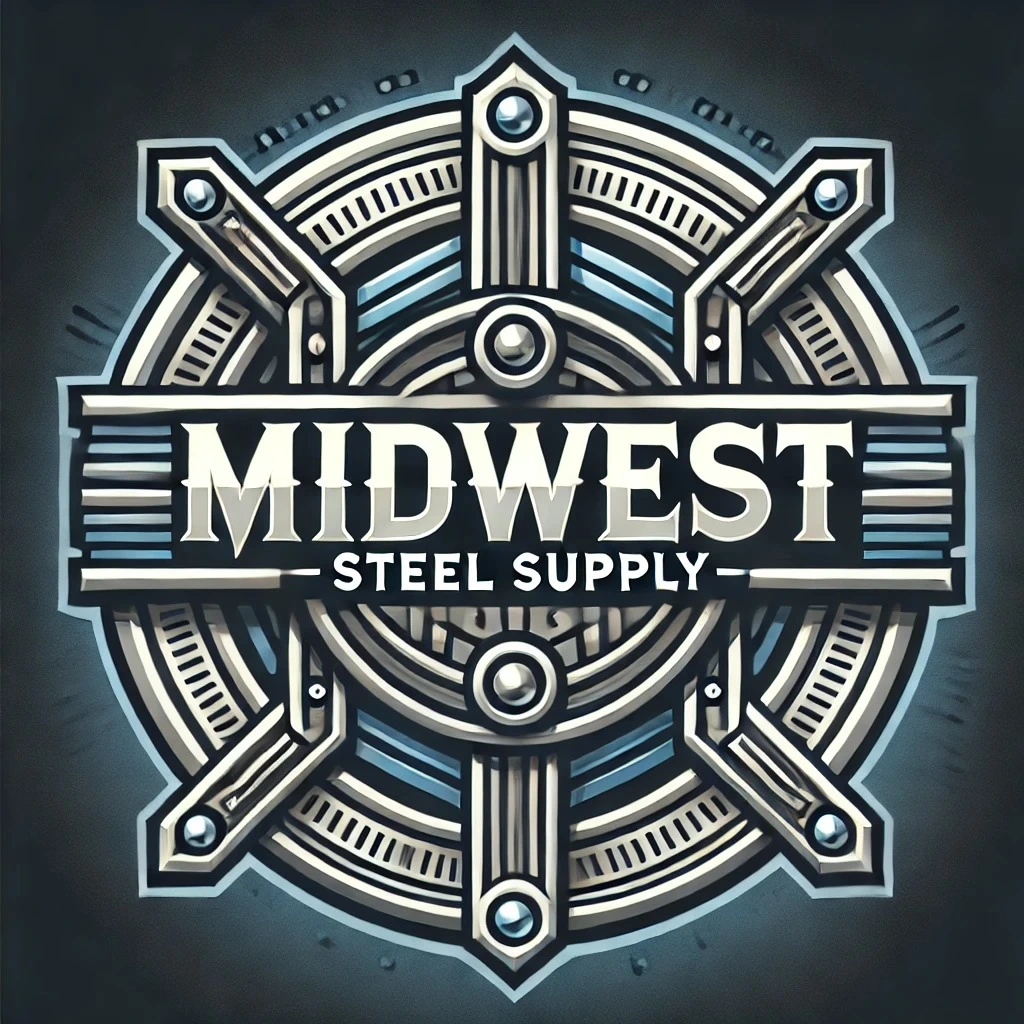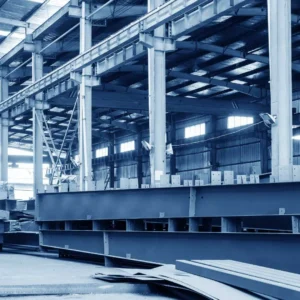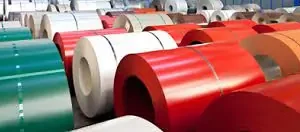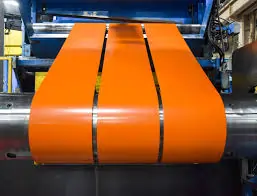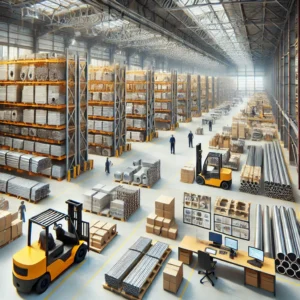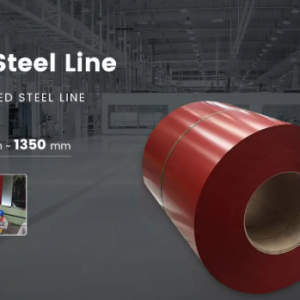Nickel-Plated Steel Strip Coil Price per Ton in East Africa: Trends and Insights
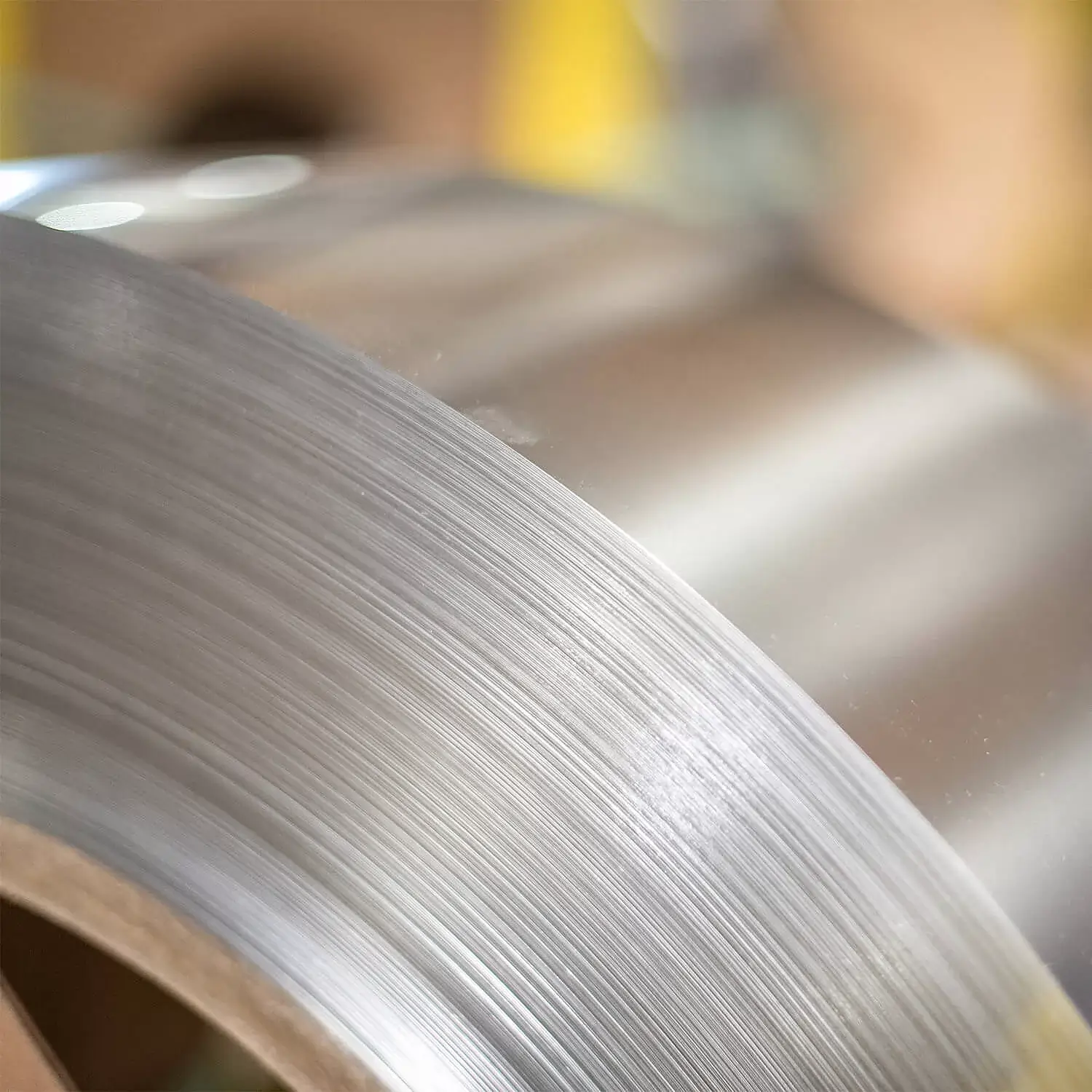
Nickel-plated steel strip coil price per ton in East Africa are becoming increasingly important in East Africa as industries expand in manufacturing, construction, electronics, and consumer goods. The price per ton of these specialized materials is a key concern for businesses that rely on durable and corrosion-resistant steel components. Understanding the pricing structure, market dynamics, and regional factors is crucial for manufacturers and importers aiming to make cost-effective decisions.
What is Nickel-Plated Steel Strip Coil?
Nickel-plated steel strip coil is essentially a thin steel strip that has been wound into a coil and coated with a layer of nickel. This nickel plating enhances the steel’s corrosion resistance, improves its appearance with a shiny finish, and can also increase durability and wear resistance. Such materials are commonly used in electronics, appliances, decorative trim, automotive parts, and construction.
The quality and thickness of both the steel substrate and the nickel coating significantly influence the final price. High-grade steel and thicker nickel layers typically command higher prices but also deliver better performance.
Global and Regional Price Context
In global markets, prices for nickel-plated steel strip coils fluctuate based on the cost of raw steel and nickel. Basic coated steel products such as galvanized or tin-plated steel are generally less expensive, while specialty nickel-plated materials often cost more due to the higher price of nickel and the extra processing required.
For East African buyers, most nickel-plated steel strip coils are imported from manufacturing hubs in Asia, Europe, or the Middle East. This reliance on imports means that local prices are strongly affected by global commodity trends, international freight costs, and regional logistics.
Estimated Price Range in East Africa
Although exact prices vary by country and supplier, the average landed cost for nickel-plated steel strip coil in East Africa typically ranges between US $2,000 and US $3,500 per ton. Prices may go higher for specialty grades with very high plating thickness, tight tolerances, or small order quantities.
Several factors influence this price range:
-
Steel Grade and Thickness: Higher-quality cold-rolled steel or specialty grades cost more. Thicker coils increase raw material costs.
-
Nickel Plating Thickness and Finish: Bright, uniform nickel coatings with higher thickness add to production costs.
-
Order Volume: Large orders usually secure better per-ton rates, while smaller batches face higher unit costs due to shipping and handling inefficiencies.
-
Logistics Costs: Freight charges, port fees, inland transport, and warehousing contribute to overall price.
-
Duties and Taxes: Import duties, value-added tax, and customs fees vary across East African countries and directly impact the landed cost.
-
Currency Exchange Rates: Many suppliers price in US dollars, so fluctuations in local currencies (Kenyan or Tanzanian shilling, for instance) affect final costs.
-
Nickel Commodity Prices: Global nickel price volatility, often driven by demand in stainless steel and battery industries, has a direct effect on nickel-plated product costs.
Key Challenges in the East African Market
East Africa’s market for nickel-plated steel strip coil is still in a developing phase, and several structural challenges impact prices:
-
Dependence on Imports: With limited local production of nickel-plated steel, buyers rely on international suppliers. This adds transportation and importation costs.
-
Infrastructure and Logistics: Port congestion, delays in customs clearance, and high inland transport fees can increase the final cost to buyers.
-
Compliance and Standards: Importers often require materials that meet international quality standards. Certification, testing, and documentation can add expenses.
-
Market Scale: Demand in East Africa is relatively smaller compared to more industrialized regions, which reduces economies of scale for importers and may keep prices higher.
Market Demand and Sectoral Growth
As East Africa industrializes, sectors such as automotive assembly, consumer electronics, and construction materials are beginning to drive up demand for specialty steels. Nickel-plated steel, known for its attractive finish and durability, is particularly sought after for decorative construction elements, appliance manufacturing, and specialized machinery.
Growing infrastructure investments, rising urbanization, and expanding consumer markets in countries like Kenya, Tanzania, Uganda, and Ethiopia are expected to increase the use of plated steel products. This trend may encourage importers to seek bulk purchases and potentially negotiate better prices with international suppliers.
Impact of Global Trends
Global factors heavily influence the cost of nickel-plated steel strip coils:
-
Nickel Supply and Prices: Disruptions in global nickel supply or surging demand from electric vehicle battery manufacturing can cause significant price fluctuations.
-
Freight Rates: Shipping costs have seen volatility in recent years due to global trade disruptions, fuel price changes, and logistical bottlenecks.
-
Competition from Alternative Materials: Other plated or coated steels, such as chrome-plated or galvanized steel, sometimes serve as substitutes and may limit how high nickel-plated prices can rise.
Outlook for Prices
In the near term, the price of nickel-plated steel strip coils in East Africa is likely to remain sensitive to global nickel markets and shipping costs. Should nickel prices stabilize and freight rates decline, regional buyers could see more competitive offers. However, any spikes in commodity prices or logistic challenges could drive prices higher.
East African countries are also exploring policies to develop local steel processing industries. If regional capacity for plating and coating steel grows, it could reduce dependency on imports, gradually stabilizing prices in the long run.
Practical Guidance for Buyers
For businesses seeking to purchase nickel-plated steel strip coils in East Africa:
-
Define Specifications Clearly: Know the steel grade, strip width, thickness, and required nickel coating to avoid paying for unnecessary quality or volume.
-
Factor in Total Landed Cost: Consider all associated costs, not just the base price from the supplier—this includes shipping, duties, and local transport.
-
Monitor Currency and Metal Markets: Staying aware of global commodity trends and exchange rates can help in timing purchases advantageously.
-
Negotiate on Volume: Larger orders usually bring down the price per ton, improving cost efficiency.
-
Prioritize Reliable Supply Chains: Work with established suppliers to reduce risks associated with delays, quality issues, or unexpected surcharges.
Conclusion
The nickel-plated steel strip coil price per ton in East Africa typically ranges between US $2,000 and US $3,500, depending on specifications, order size, and logistics. This price reflects the combined influence of global nickel markets, steel production costs, import dependence, and regional supply chain challenges.
As East Africa’s manufacturing and construction sectors grow, demand for such high-quality steel products is expected to rise. Companies that strategically manage procurement—by understanding market dynamics and optimizing their supply chains—will be better positioned to secure competitive prices and ensure reliable supply.
